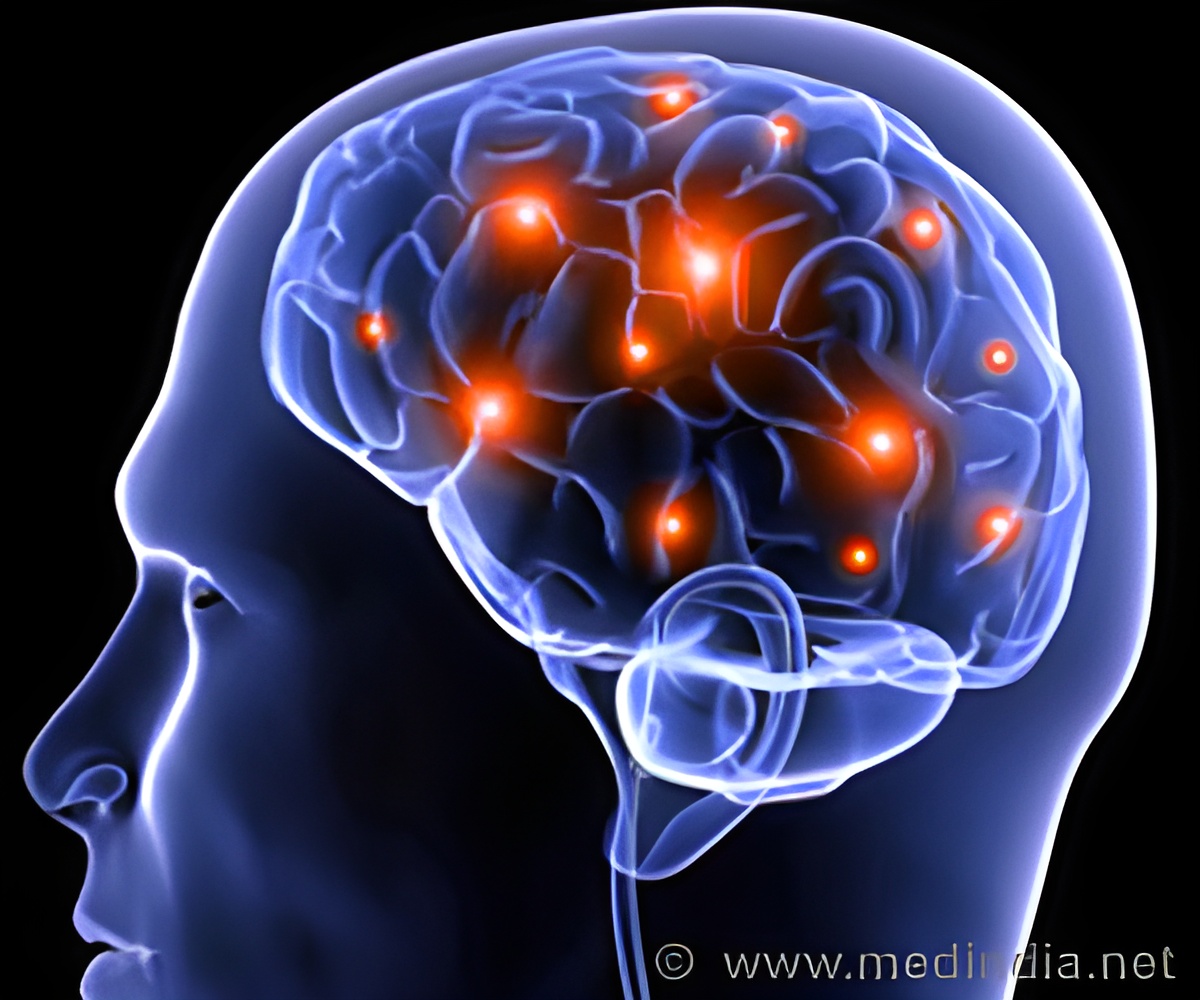
‘Researchers at Ben-Gurion University of the Negev in collaboration with the University of Haifa have proposed that this phenomenon is closely related to some patients than those diagnosed with attention deficit/hyperactivity disorder (ADHD).’
Tweet it Now
However, the research of Dr. Soffer-Dudek of the Consciousness and Psychopathology Laboratory in the department of psychology at BGU has now shed light on the characteristic features of MD. MD is the condition whereby patients slip into involved highly detailed and realistic daydreams that can last hours at the cost of normal functioning. It has not yet been recognized as a formal psychiatric syndrome. However, Soffer-Dudek is one of the foremost experts on the condition and is hoping to get MD added to the next edition of the Diagnostic and Statistical Manual of Mental Disorders (DSM VI), by promoting rigorous research on the subject, and he has challenged current thinking about MD and hopes to bring this condition out of the realm of mythology into the realm of formal psychological research in patients."Some individuals who become addicted to their fanciful daydreams experience great difficulty in concentrating and focusing their attention on academic and vocational tasks, yet they find that an ADHD diagnosis and the subsequent treatment plan does not necessarily help them. Formally classifying MD as a mental disorder would enable psychological practitioners to better assist many of their patients," says Dr. Soffer-Dudek.
Doctoral candidate Ms. Nitzan Theodor-Katz, together with Dr. Soffer-Dudek and their colleagues from the University of Haifa, assessed 83 adults diagnosed with ADHD for inattention symptoms, MD, depression, loneliness, and self-esteem. Of those assessed patients, about 20% met the proposed diagnostic criteria for MD, with significantly higher rates of depression, loneliness, and lowered self-esteem, compared to those patients with ADHD that did not meet the criteria for MD.
Dr. Soffer-Dudek also said, "Our findings suggest that there is a subgroup of those diagnosed with ADHD who would benefit more from a diagnosis of MD."
Prof. Eli Somer and Dr. Rinatya Maaravi Hesseg of the University of Haifa additionally contributed to this research.
Advertisement






